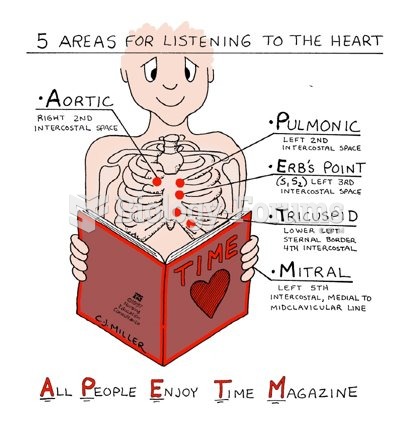|
|
|
More than 34,000 trademarked medication names and more than 10,000 generic medication names are in use in the United States.
The B-complex vitamins and vitamin C are not stored in the body and must be replaced each day.
The most common treatment options for addiction include psychotherapy, support groups, and individual counseling.
About 80% of major fungal systemic infections are due to Candida albicans. Another form, Candida peritonitis, occurs most often in postoperative patients. A rare disease, Candida meningitis, may follow leukemia, kidney transplant, other immunosuppressed factors, or when suffering from Candida septicemia.
Symptoms of kidney problems include a loss of appetite, back pain (which may be sudden and intense), chills, abdominal pain, fluid retention, nausea, the urge to urinate, vomiting, and fever.







